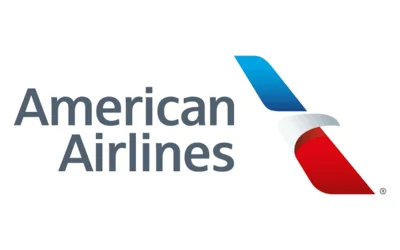The Airbus A340, once a flagship for long-haul flights, continues to operate with several airlines in 2025 despite the rise of more fuel-efficient twin-engine aircraft. Airlines like Lufthansa, which was a launch customer alongside Air France and remains the largest operator of the type, still use the A340 due to its capacity, proven reliability, and operational familiarity.
The A340 debuted in 1993 as Airbus’s first four-engine widebody airliner. At that time, having four engines was seen as an advantage for redundancy and allowed airlines to operate longer routes over water or remote areas before changes in regulations enabled twinjets to fly such paths. The A340 competed with Boeing’s 747-400 but distinguished itself with different design priorities and efficiency advantages over larger quadjets.
While newer models like the Boeing 777X and Airbus A350 offer improved fuel economy and performance, ongoing production delays have slowed their introduction into airline fleets. This has extended the operational life of older quadjets like the A340. According to Planespotters.net data from 2025, Lufthansa owns 22 A340s—16 of the -300 variant and six of the -600 variant—while Mahan Air in Iran operates a total of 15 across various models.
 Alerts Sign-up
Alerts Sign-up




































